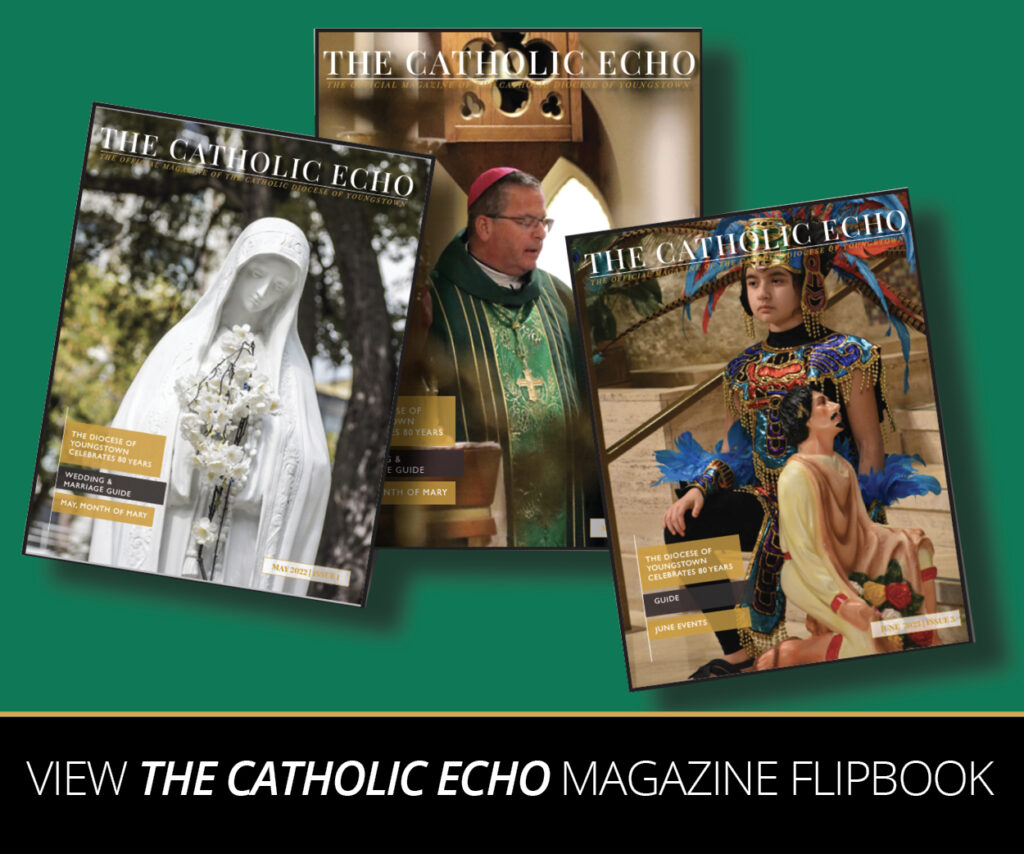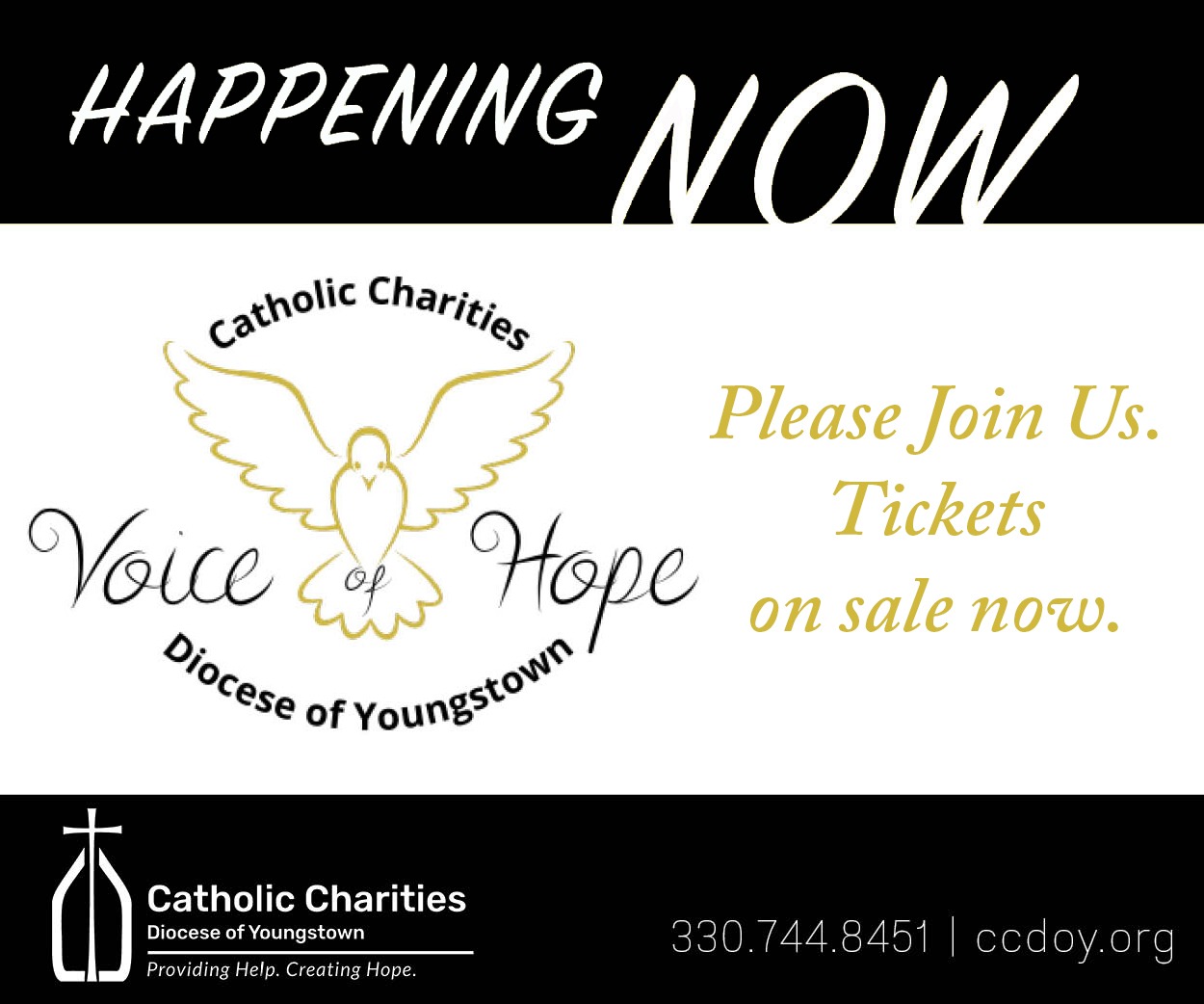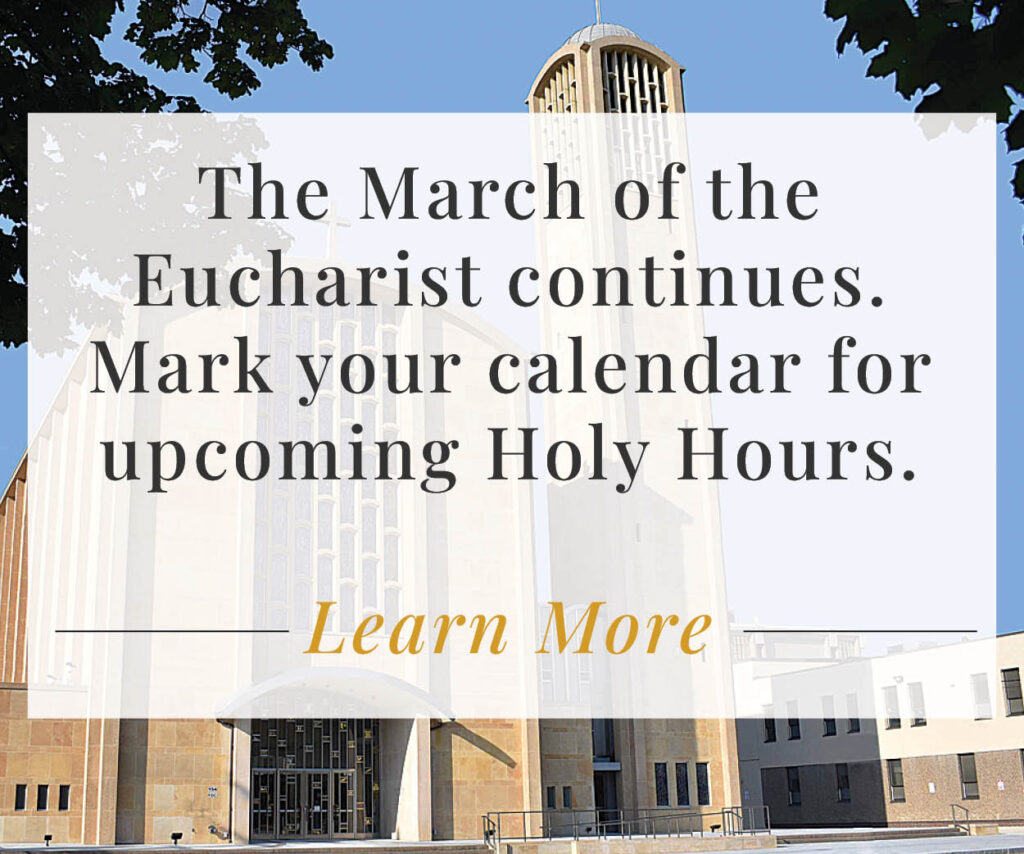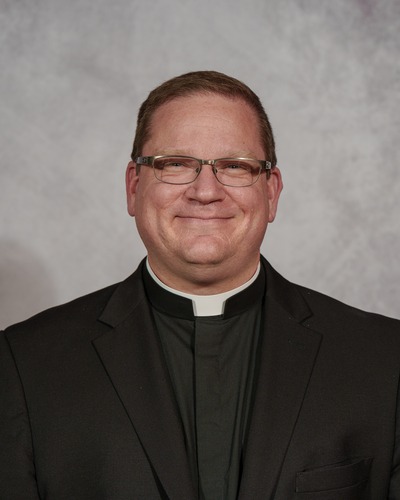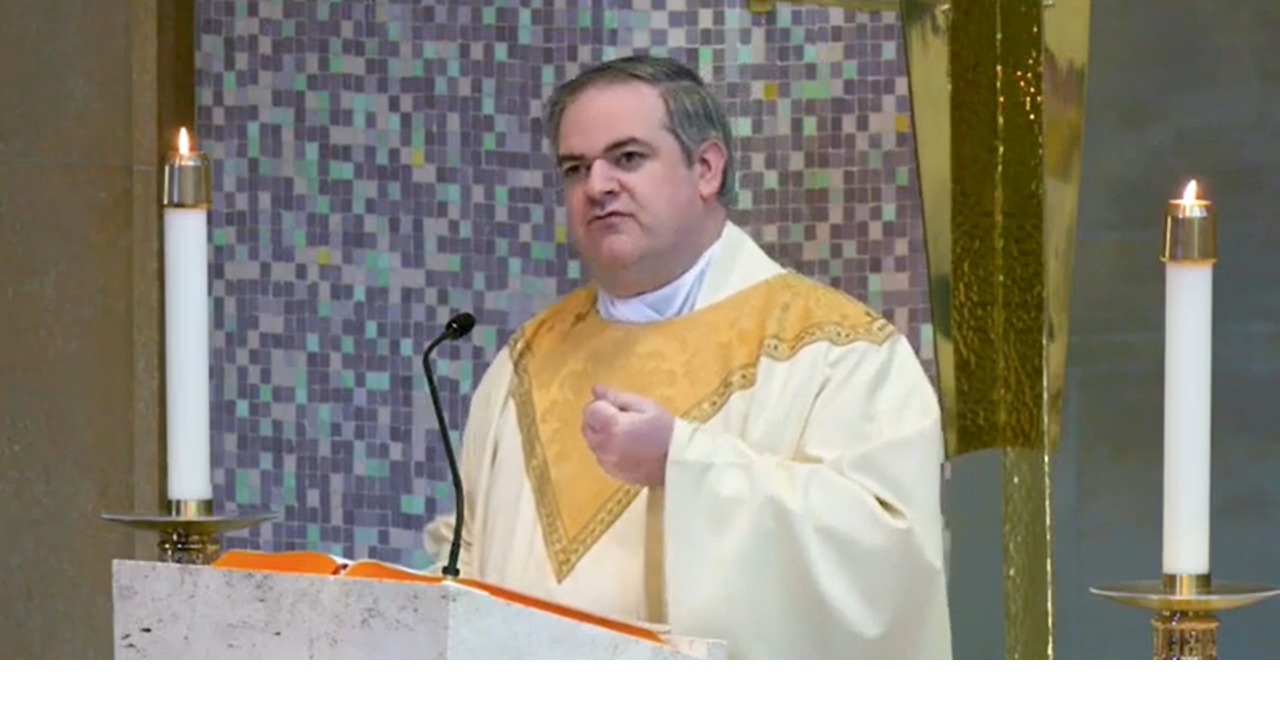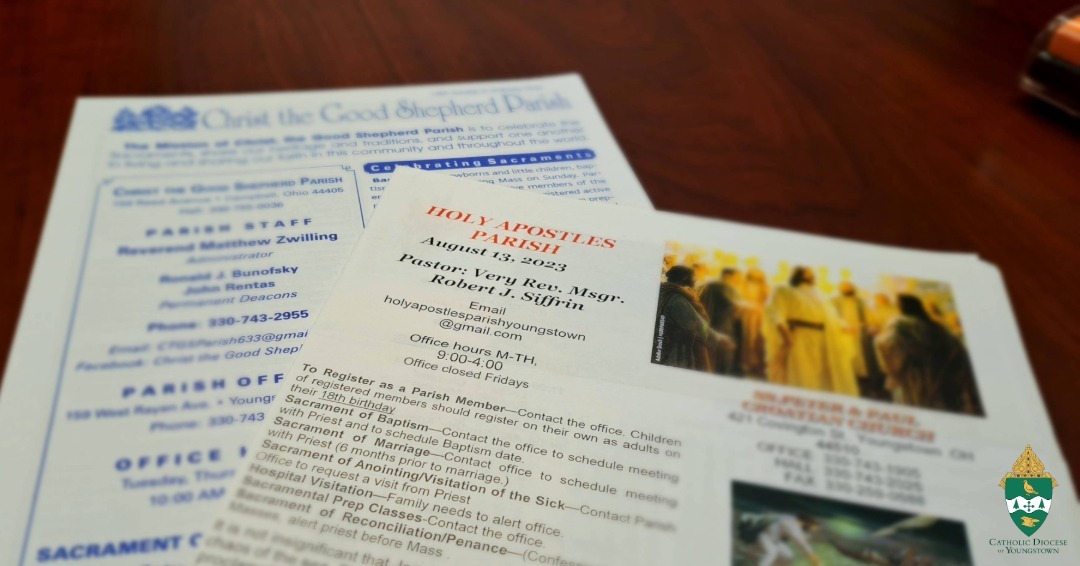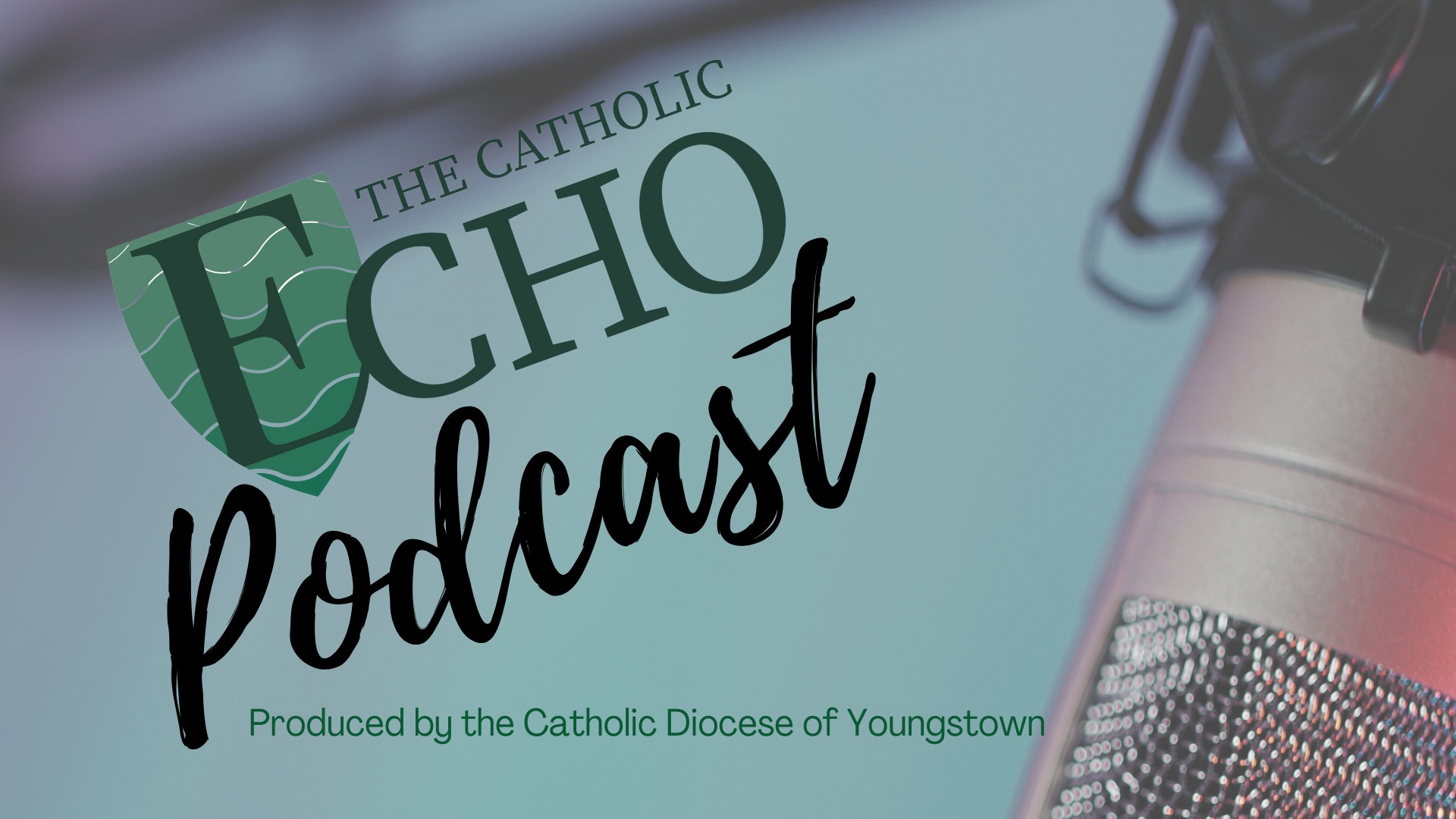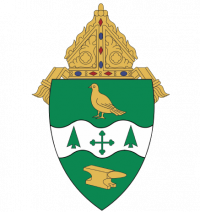Haga clic para la traducción al español.
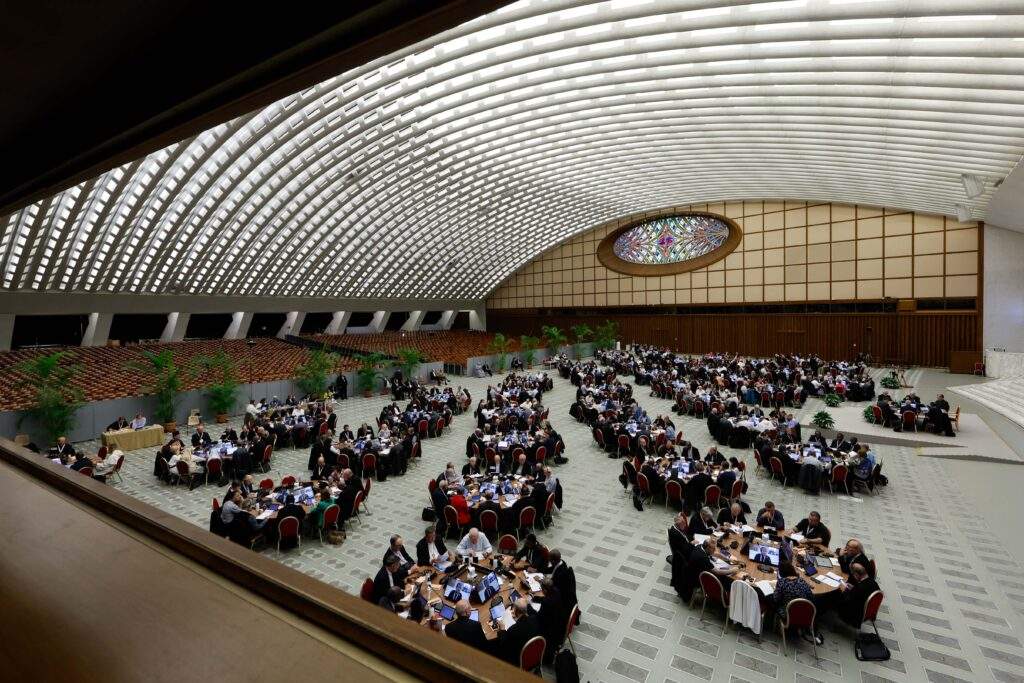
VATICAN CITY (CNS) — A “synodal church” where all the baptized participate and take responsibility for mission will need structures and processes to help church members listen to the Holy Spirit and to one another, members of the synod on synodality were told.
While “the big media” is looking for changes in Catholic practices on just a few issues, “even the people closest to us, our collaborators, members of pastoral councils, people who are involved in parishes are wondering what will change for them, how they will be able to concretely experience in their lives that missionary discipleship and co-responsibility on which we have reflected in our work,” Cardinal Jean-Claude Hollerich, the synod relator general, told the assembly Oct. 18.
Those collaborators, he said, “are wondering how this is possible in a church that is still not very synodal, where they feel that their opinion does not count and a few or just one person decides everything.”
Members of the synod assembly moved Oct. 18 on to the theme of “participation” and prepared to spend four days discussing the exercise of authority and responsibility in the church as well as the processes and structures needed to promote greater participation in the life and mission of the church.
The section was to include discussion about ways to encourage the development of “discernment practices and decision-making processes” that involve all Catholics in seeking the guidance of the Holy Spirit and a look at how to harmonize “the synodal and hierarchical dimensions” of the church.
The synod working document also asked assembly members to consider how to “foster the participation of women, young people, minorities and marginalized voices in discernment and decision-making processes.”
The working document noted, “The call to reform structures, institutions and functioning mechanisms with a view to transparency is particularly strong in those contexts most marked by the abuse crisis — sexual, economic, spiritual, psychological, institutional, conscience, power, jurisdiction.”
In looking at participation, power and authority in the church — “delicate issues,” Cardinal Hollerich said — the assembly is not being asked to come up with solutions, but suggestions, which will be studied, discussed and prayed about over the course of the next year before being presented to the synod assembly scheduled for 2024.
“These are questions that need to be addressed with precision of language and categories,” the cardinal said. “They are delicate because they touch the concrete life of the church and also the growth dynamism of the tradition: a wrong discernment could sever it or freeze it. In both cases it would kill it.”
Father Dario Vitali, a professor of theology at Rome’s Pontifical Gregorian University and coordinator of the theologians assisting the synod, told members he was struck by how often participants in the hall echoed the Second Vatican Council’s description of the church as a “sacrament,” a “sign and instrument” of unity with God and with humanity, but how seldom anyone used Vatican II’s description of the church as “the people of God.”
In discussing “participation, responsibility and authority,” he said, synod members would do well to recognize Vatican II’s insistence that “before functions is the dignity of the baptized; before differences, which establish hierarchies, is the equality of the children of God.”
Gifts, charisms and offices in the church — including ordained priestly ministry, the office of bishop and that of pope — are meant to serve the mission of the entire body, he said.
The Second Vatican Council’s Dogmatic Constitution on the Church referred to the “‘common priesthood of the faithful and the ministerial or hierarchical priesthood’ as distinct forms of participation in the priesthood of Christ,” Father Vitali said. “This passage was ground-breaking because of the choice to overturn the two themes in play; placing the common priesthood before the ministerial priesthood means breaking an asymmetrical relationship of authority-obedience that structured the pyramidal church.”
Dominican Father Timothy Radcliffe, the former superior of his order who is serving as a spiritual guide for the synod, told members that many people have said to him, “This synod will not change anything.”
Some of them said it with hope, while others said it with fear, he said. But to him, “that is a lack of faith in the name of the Lord,” who has promised to be with the church and renew it, “though maybe in ways that are not immediately obvious. This is not optimism but our apostolic faith.”
Father Radcliffe also asked the assembly to consider, “How can we be a sign of peace if we are divided among ourselves?”
As synod members seek to discern ways to strengthen the church’s synodality, he urged them to look at what God already is doing.
“Today our God is already bringing into existence a church which is no longer primarily Western: a church which is Eastern Catholic, and Asian and African and Latin American,” he said. “It is a church in which already women are assuming responsibility and are renewing our theology and spirituality. Already young people all over the world, as we saw at Lisbon, are taking us in new directions, into the digital continent.”
So, while “what shall we do?” is a legitimate question, he said, “an even more fundamental question is: What is God doing?”
As for fear, he said, “the new is always an unexpected renewal of the old. This is why any opposition between tradition and progress is utterly alien to Catholicism.”
Copyright ©2023 Unless otherwise noted: © OSV News / Our Sunday Visitor, Inc. 2023; all content before December 31, 2022 © Catholic News Service / U.S Conference of Catholic Bishops. Send questions about this site to osvnews@osv.com.
El Sínodo busca formas de aumentar la participación de todos en la misión
Por Cindy Wooden, Catholic News Service
CIUDAD DEL VATICANO (CNS) — Una “iglesia sinodal” en la que todos los bautizados participen y se responsabilicen de la misión necesitará estructuras y procesos que ayuden a los miembros de la Iglesia a escuchar al Espíritu Santo y a escucharse unos a otros, se dijo a los miembros del sínodo sobre la sinodalidad.
Mientras “los grandes medios de comunicación” buscan cambios en las prácticas católicas en unos pocos temas, “incluso las personas más cercanas a nosotros, nuestros colaboradores, los miembros de los consejos pastorales, las personas que están implicadas en las parroquias se preguntan qué cambiará para ellos, cómo podrán experimentar concretamente en sus vidas ese discipulado misionero y esa corresponsabilidad sobre los que hemos reflexionado en nuestro trabajo”, dijo a la asamblea el 18 de octubre el cardenal Jean-Claude Hollerich, relator general del Sínodo.
Esos colaboradores, dijo, “se preguntan cómo es posible en una Iglesia todavía poco sinodal, en la que sienten que su opinión no cuenta y que son unos pocos o uno solo los que deciden todo”.
Los miembros de la asamblea sinodal pasaron el 18 de octubre al tema de la “participación” y se prepararon para pasar cuatro días debatiendo el ejercicio de la autoridad y la responsabilidad en la Iglesia, así como los procesos y estructuras necesarios para promover una mayor participación en la vida y la misión de la Iglesia.
La sección iba a incluir un debate sobre las formas de fomentar el desarrollo de “prácticas de discernimiento y procesos de toma de decisiones” que involucren a todos los católicos en la búsqueda de la guía del Espíritu Santo y una mirada a cómo armonizar “las dimensiones sinodal y jerárquica” de la Iglesia.
El documento de trabajo del sínodo también pedía a los miembros de la asamblea que consideraran cómo “fomentar la participación de las mujeres, los jóvenes, las minorías y las voces marginales en los procesos de discernimiento y toma de decisiones”.
El documento de trabajo señalaba: “La exigencia de una reforma de las estructuras e instituciones y de los mecanismos de funcionamiento en ordena a una mayor transparencia es particularmente fuerte en los contextos más marcados por la crisis de los abusos: sexuales, económicos, espirituales, psicológicos, institucionales, de conciencia, de poder, de jurisdicción”.
Al examinar la participación, el poder y la autoridad en la Iglesia — “temas delicados”, dijo el cardenal Hollerich — no se pide a la asamblea que aporte soluciones, sino sugerencias, que se estudiarán, discutirán y sobre las que se rezará a lo largo del próximo año antes de presentarlas a la asamblea sinodal prevista para 2024.
“Son temas que hay que abordar con precisión de lenguaje y de categorías”, dijo el cardenal. “Son cuestiones delicadas porque afectan a la vida concreta de la Iglesia y también el dinamismo de crecimiento de la tradición: un discernimiento equivocado podría cortarla o congelarla. En ambos casos la mataría”.
El padre Dario Vitali, profesor de teología en la Pontificia Universidad Gregoriana de Roma y coordinador de los teólogos que asisten al sínodo, dijo a los miembros que le llamaba la atención la frecuencia con que los participantes en la sala se hacían eco de la descripción del Concilio Vaticano II de la Iglesia como “sacramento”, “signo e instrumento” de unidad con Dios y con la humanidad, pero cuán pocas veces alguien utilizaba la descripción del Vaticano II de la Iglesia como “Pueblo de Dios”.
Al hablar de “participación, responsabilidad y autoridad”, dijo, los miembros del sínodo harían bien en reconocer la insistencia del Vaticano II en que “antes que las funciones está la dignidad de los bautizados; antes que las diferencias, que establecen jerarquías, está la igualdad de los hijos de Dios”.
Los dones, carismas y oficios en la Iglesia — incluido el ministerio sacerdotal ordenado, el oficio de obispo y el de Papa — están destinados a servir a la misión de todo el cuerpo, dijo.
La Constitución Dogmática sobre la Iglesia del Concilio Vaticano II se refería al “‘sacerdocio común de los fieles y al sacerdocio ministerial o jerárquico’ como formas distintas de participación en el sacerdocio de Cristo”, dijo el padre Vitali. “Este pasaje fue innovador por la elección de volcar los dos temas en juego; anteponer el sacerdocio común al sacerdocio ministerial significa romper una relación asimétrica de autoridad-obediencia que estructuraba la Iglesia piramidal”.
El padre dominico Timothy Radcliffe, antiguo superior de su orden que actúa como guía espiritual del sínodo, dijo a los miembros que mucha gente le ha dicho: “Este sínodo no cambiará nada”.
Algunos lo decían con esperanza, mientras que otros lo decían con miedo, dijo. Pero para él, “eso es una falta de fe en el nombre del Señor”, que ha prometido estar con la Iglesia y renovarla, “aunque quizá de maneras que no son inmediatamente obvias”. Esto no es optimismo, sino nuestra fe apostólica”.
El padre Radcliffe también pidió a la asamblea que reflexionara: “¿Cómo podemos ser un signo de paz si estamos divididos entre nosotros?”.
Mientras los miembros del Sínodo buscan formas de fortalecer la sinodalidad de la Iglesia, les instó a fijarse en lo que Dios ya está haciendo.
“Hoy nuestro Dios ya está dando vida a una Iglesia que ya no es principalmente occidental: una Iglesia que es católica oriental, asiática, africana y latinoamericana”, dijo. “Es una Iglesia en la que las mujeres ya están asumiendo responsabilidades y renovando nuestra teología y espiritualidad. Ya hay jóvenes en todo el mundo, como vimos en Lisboa, que nos están llevando en nuevas direcciones, hacia el continente digital”.
Así que, aunque “¿qué debemos hacer?” es una pregunta legítima, dijo, “una pregunta aún más fundamental es: ¿qué está haciendo Dios?”.
En cuanto al miedo, dijo, “lo nuevo es siempre una renovación inesperada de lo viejo. Por eso, cualquier oposición entre tradición y progreso es totalmente ajena al catolicismo”.
